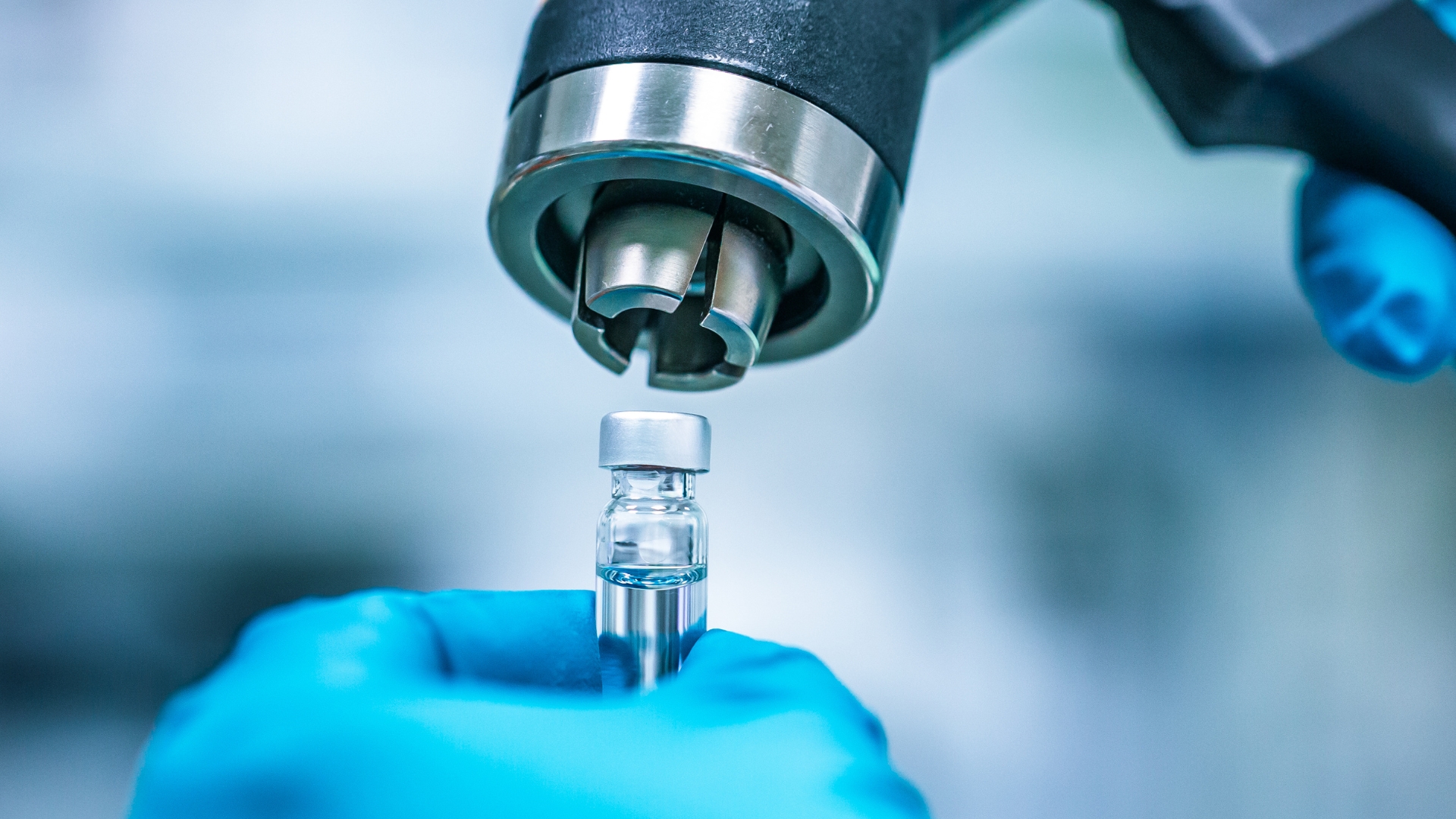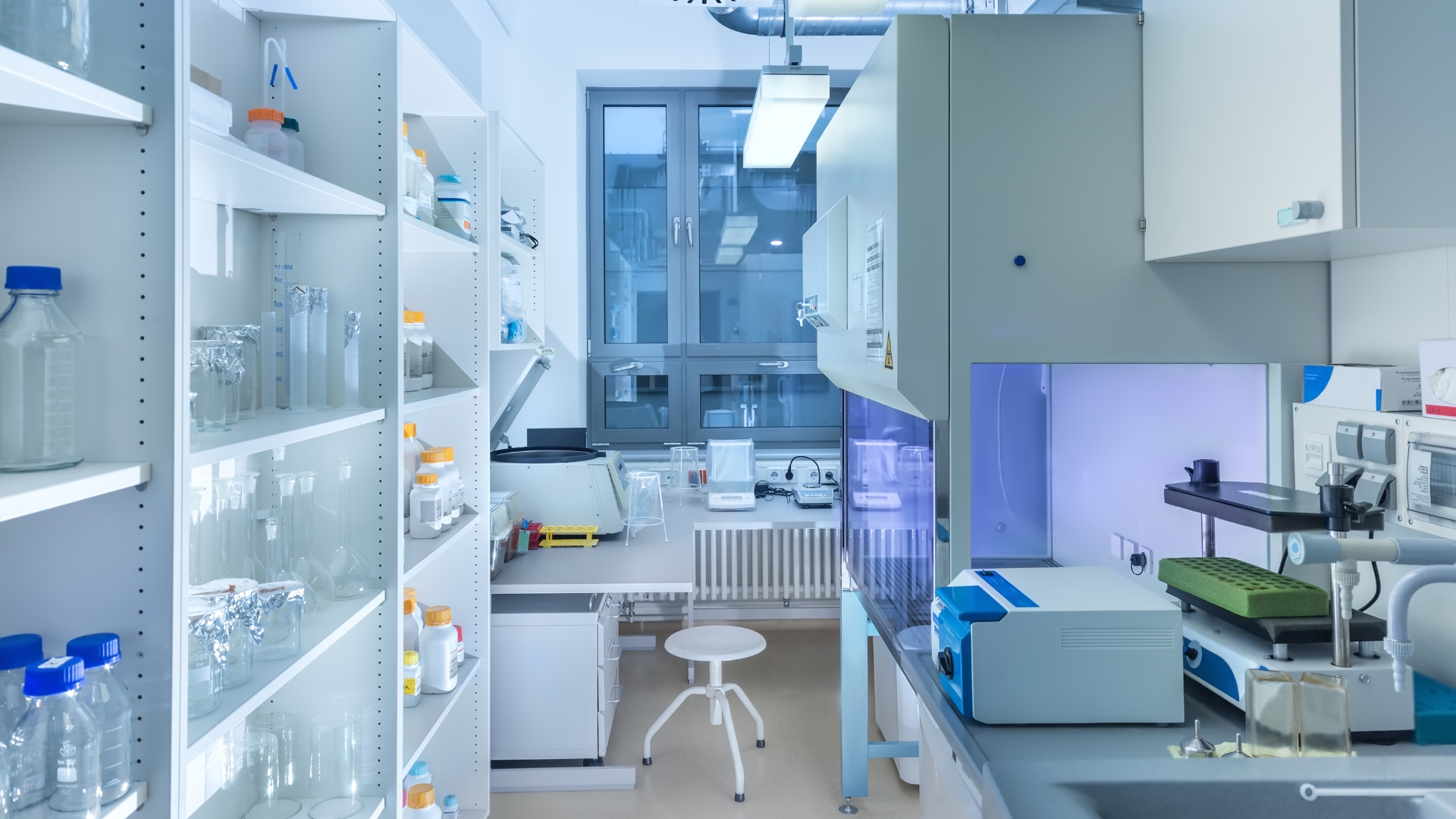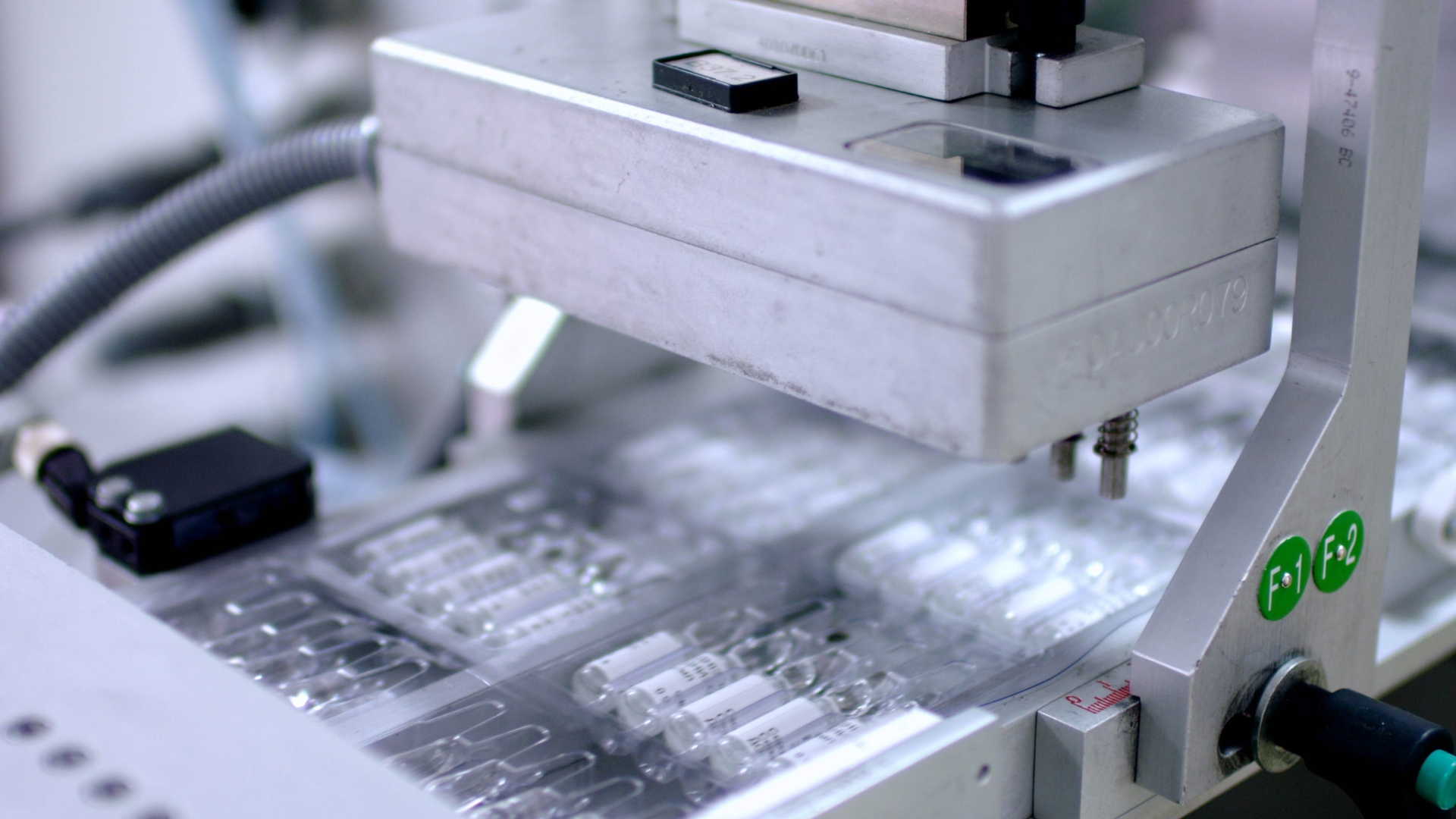
What are manufacturing roles within the pharmaceutical & healthcare industries?
Here are the key elements of roles within pharmaceutical manufacturing and in the wider life sciences industry:
Explore the fast-paced world of pharmaceutical manufacturing and contribute to the creation of life-saving treatments, ground-breaking technology, innovative medical devices, and market-leading diagnostic tools. Your contributions can advance medical research, contribute to the treatment of complex conditions, and improve the quality of life for patients worldwide.

Manufacturing in the life sciences industry encompasses the production of pharmaceuticals, biotechnology products, medical devices, and diagnostic tools. Manufacturing is highly regulated within this industry and requires strict quality control to ensure the safety, consistency, and quality of products. Jobs within this sector include roles across the design and development of tools and hardware, product manufacturing, and medicine production, including the initial cultivation of bio-organisms through to delivery of a specific drug. Alongside this, manufacturing roles also have a hand in the design and fabrication of product packaging, ensuring the stability and sterilisation of medication in line with its method of administration.
Here are the key elements of roles within pharmaceutical manufacturing and in the wider life sciences industry:
These roles are directly involved with the creation of new drugs and substances through processes such as chemical synthesis whereby you’re producing active pharmaceutical ingredients (APIs) through complex chemical reactions and organic chemistry. This role can also involve biological manufacturing which uses living cells or organisms such as bacteria, yeast, and mammalian cells to produce APIs through additional processes such as fermentation, cell culture, and recombinant DNA technology.
This role encompasses both the formulation and packaging of drug products and works closely with the substance manufacturing teams to ensure optimum results. For drug product formulation, APIs may be combined with other ingredients to create the final dosage form of a drug, e.g. tablets, capsules, liquids, etc. and the product team will additionally be involved in the packaging process to ensure the most suitable package type is being used, e.g. bottle, vial, blister pack, or other packaging to protect the formula.
Professionals in these roles are involved in the creation of biopharmaceuticals, such as therapeutic proteins, antibodies, vaccines, and other products, using biotechnology methods. This can include growing cells in bioreactors to produce a desired protein, molecule, or other component; as well as removing contaminants from the biopharmaceuticals using chromatography and filtration techniques to achieve the purest and highest quality components for use in a range of drug types.
Specialists in these roles will design, engineer, prototype, and test new medical devices according to specific requirements and standards. This includes managing the fabrication and assembly processes, including materials and third-party components, as well as ensuring devices are usable for their intended purpose, e.g. ensuring watertightness where applicable. Post-production, teams will also manage the packaging of products and sterilisation methods such as radiation, steam, and chemical sterilants.
These roles involve producing and/or sourcing specialised reagents and chemicals required for diagnostic tools that identify pathogens, abnormalities, and diseases. Professionals working in these roles also oversee the device assembly process, ensuring components are fitted together effectively and to standards, as well as carrying out strict quality control (QC) processes on devices to ensure the accuracy, reliability, and consistency of diagnostic results, therefore improving efficiency and public safety.
This involves the adoption of automated production lines that run on an “always on” schedule to enhance efficiency and reduce costs. Professionals in these roles are responsible for overseeing processes and recommending optimisation techniques to improve efficiency, reduce waste, and ensure product consistency. This role (and others within pharmaceutical manufacturing) requires knowledge of Good Manufacturing Practices (also known as “GMP” or “cGMP,” current Good Manufacturing Practices).

Choosing a manufacturing role in the life sciences industry will usually place you within a pharmaceutical company and offer the opportunity to:

Explore job openings
Discover where your career opportunities can take you. Visit our careers page to find your next exciting role in the life sciences, healthcare, and pharmaceutical industries.

At Entrust Resource Solutions (ERS), our team brings a wealth of expertise and dedication to life sciences and STEM recruitment. Through decades of combined experience, we have been pivotal in driving company growth and executing strategic acquisitions for our clients.
We offer a unique “bench to board” resourcing service and are actively working to bridge sector skills gaps and foster the next generation of life sciences professionals. We match clients with candidates using a personalised and human-centric approach that delivers outstanding service across temporary and permanent placements to ensure you not only find the right hire but the right fit for your business.
Frequently asked questions about manufacturing roles in the life sciences industry.
In pharmaceutical manufacturing, professionals are involved in a range of tasks including the creation and optimisation of products, substances, and tools as well as the overall management of the manufacturing process, quality control, packaging, and supply chains. Alongside this, workers will oversee daily production operations to meet regulatory and safety standards.
For roles within the pharmaceutical and healthcare manufacturing sector, you typically need a degree in a relevant field such as chemistry, biology, engineering, or pharmaceutical sciences. Holding additional certifications in Good Manufacturing Practices (GMP) or related areas, as well as having hands-on experience through internships or related jobs, can also be beneficial.
The key types of pharmaceutical manufacturing include drug substance manufacturing (chemical synthesis and biological manufacturing), drug product manufacturing (formulation and packaging), biopharmaceutical manufacturing (production of therapeutic proteins and antibodies), medical device manufacturing, and diagnostic tool manufacturing.
In pharmacy and pharmaceuticals, a manufacturer is a company or facility responsible for producing a wide range of pharmaceutical products, including medications, biotechnology products, medical devices, and diagnostic tools. Manufacturers must adhere to strict quality standards and regulatory requirements to ensure the safety and efficacy of their products and all outputs are audited for ongoing compliance, effectiveness, and non-conformities to ensure the safety of patients.
To get started in a pharmaceutical manufacturing role and learn more about the opportunities available to you, speak to our team about current and upcoming positions.